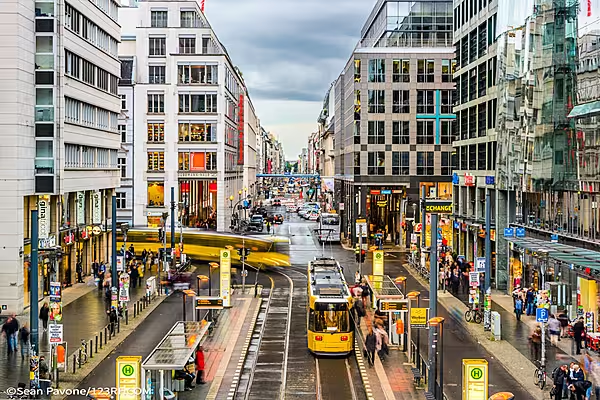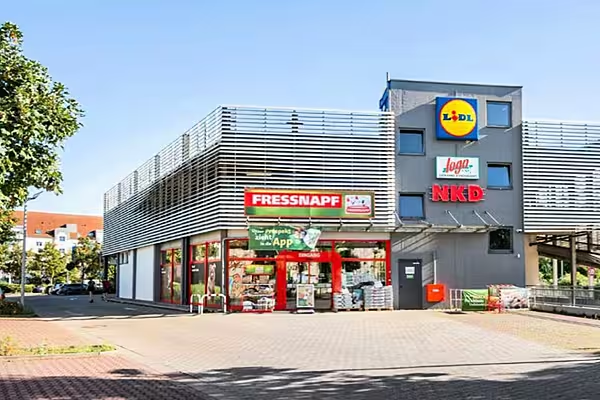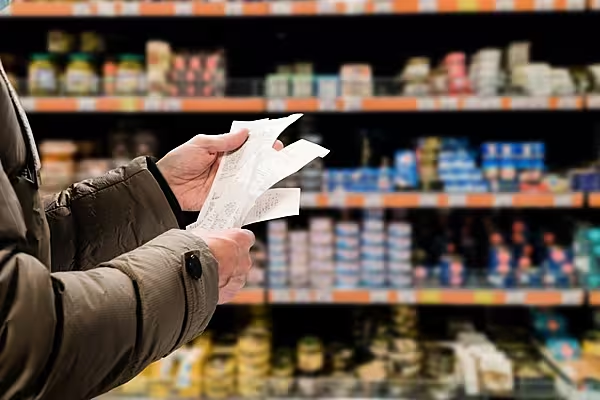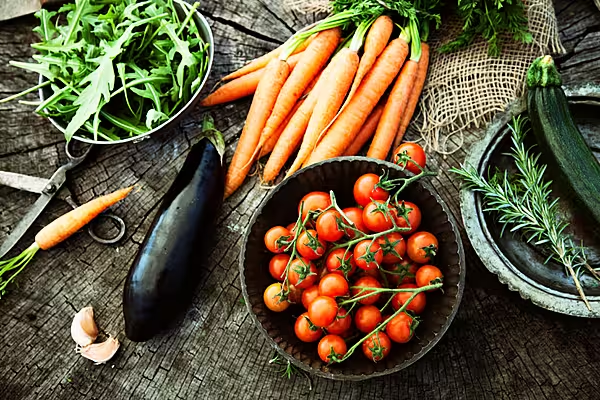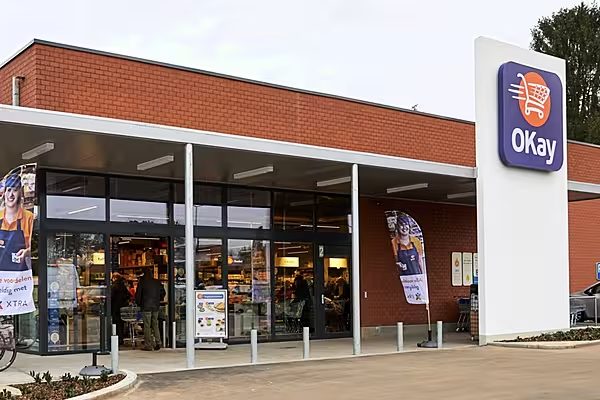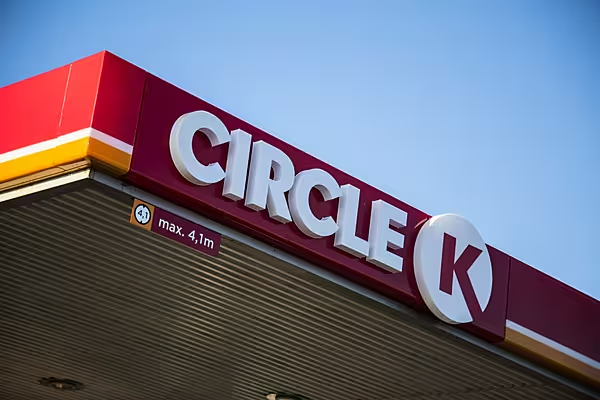Consumer sentiment in Germany increased slightly in February, compared to the previous month, according to the latest consumer barometer from the German Retail Federation (HDE).
While the latest figures might indicate positivity, the HDE cautioned that this development should not be interpreted as a recovery.
It could be the result of consumers’ wait-and-see behaviour ahead of trendsetting events, such as the upcoming federal election, it added.
The study also revealed that consumers’ reluctance to spend continues to increase, and their propensity to buy is falling – and it is now even lower than it was a year ago.
At the same time, consumers are not planning to increase their saving efforts.
Consumers are still cautious about private consumption, and noticeable growth is not expected in the coming months.
Economic Expectations
The barometer also showed that consumers’ economic expectations are stagnating, as they are not more optimistic about economic development in the coming weeks than they were before. They also do not expect any further deterioration.
Their income expectations rose slightly, compared to the previous month, and they do not foresee any major risks to their jobs and income.
The HDE also noted that a recovery in private consumption with significant overall economic growth impulses in the first quarter is not to be expected.
Annual Forecast
Last week, the HDE forecast nominal sales of €677 billion for 2025.
It corresponds to a nominal increase of 2%, compared to the previous year, and a real increase of 0.5%.
“Consumption and retail in Germany will not really get going in 2025, either. After a difficult last year for many retail companies, the challenges for the industry are becoming ever greater,” stated Stefan Genth, general manager of the HDE.
Online retail is expected to see 3% growth, corresponding to a 2% increase in real terms.
The latest HDE company survey of almost 700 retailers from across Germany revealed that only 22% expect an increase in sales this year.
Almost half, on the other hand, expect results below the previous year’s level, the HDE noted.
Genth added, “There is simply too much uncertainty in the system. Incalculable wars and conflicts, high energy costs, and overall economic stagnation are a toxic cocktail for consumption.”
